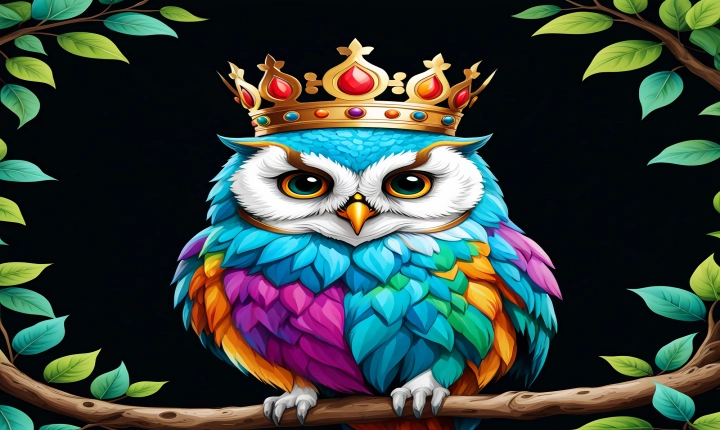Are AI-Generated Songs Legal?
Artificial Intelligence (AI) has made remarkable progress in creating music, with algorithms capable of composing melodies, generating lyrics, and even mimicking the style of famous musicians. While the technology has undoubtedly led to the creation of some impressive songs, it has also raised important legal questions regarding ownership and copyright.
One of the key debates surrounding AI-generated music is the issue of authorship. When an AI system produces a song, who should be considered the creator? Traditionally, copyright law has granted exclusive rights to the human author of a work, as a form of incentivizing creativity and protecting intellectual property. However, AI-generated music introduces a new challenge in determining the original creator and rightful owner of the work.
In some cases, AI-generated music has been attributed to the developers and programmers who designed the underlying algorithms. This approach aligns with the notion that the act of programming the AI system constitutes creative input and therefore warrants ownership of the resulting music. However, this perspective is not universally accepted, as it neglects the role of the AI system itself in producing the music and raises questions about what constitutes genuine creativity.
Another aspect of the legal landscape surrounding AI-generated music is the question of copyright protection. In many jurisdictions, copyright law affords protection to original works of authorship fixed in a tangible medium. This definition seems to encompass AI-generated music, as it is undeniably a form of creative expression captured in a digital format. Nonetheless, the question arises as to whether the lack of human authorship or the involvement of an autonomous system affects the eligibility of AI-generated music for copyright protection.
In the absence of specific laws and precedents addressing AI-generated music, courts may need to interpret existing copyright frameworks to determine how they apply to these new creations. This could involve considering whether AI-generated music meets the criteria of originality, creativity, and authorship, or whether legal frameworks need to evolve to accommodate the unique nature of AI-generated works.
Beyond the legal implications, AI-generated music also raises ethical and philosophical questions about the nature of creativity, the role of technology in artistic expression, and the potential impact on the music industry. For example, some argue that AI-generated music could devalue the contributions of human creators and lead to a homogenized, algorithm-driven music landscape. Conversely, proponents of AI-generated music tout its potential to democratize music creation and expand the boundaries of artistic expression.
As AI technology continues to advance, it is clear that the legal and ethical considerations surrounding AI-generated music will become increasingly relevant. Policymakers, legal experts, artists, and the music industry must engage in thoughtful discussions to navigate these complexities and ensure that the rights and interests of all stakeholders are appropriately addressed.
In conclusion, the legal status of AI-generated music remains a complex and evolving issue. Whether AI-generated songs are considered legal rests on a nuanced understanding of copyright law, authorship, and the implications of AI technology on creative works. As the intersection of AI and music continues to unfold, it is crucial for legal and ethical frameworks to adapt to this emerging frontier and strike a balance between fostering innovation and safeguarding the rights of human and AI creators alike.
